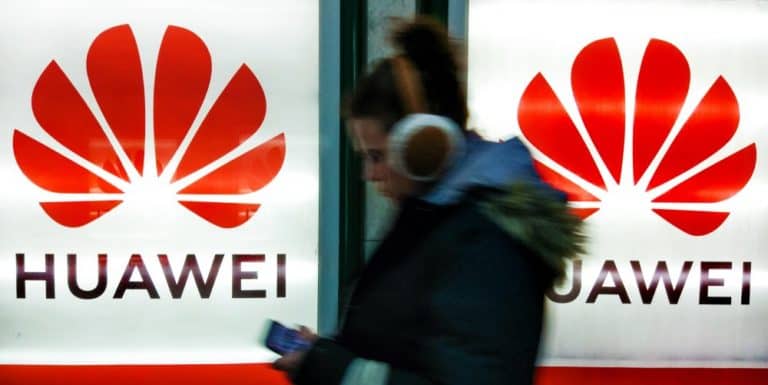The U.S. government has tabled a motion asking the court to dismiss a lawsuit brought by Huawei. This case is about a ban on the use of manufacturer’s equipment by governmental organisations.
The ban ensures that US government agencies are no longer allowed to use equipment from Huawei or the also Chinese ZTE. In addition, government agencies may not enter into contracts with companies that use Huawei or ZTE equipment, writes Silicon Angle.
Huawei filed a lawsuit for that ban on 7 March. The company claims that the ban – which became possible under section 889 of the National Defense Authorization Act (NDAA) – goes against the constitution, because it violates several principles of the constitution. It does this by focusing on one company and without proof.
According to the company, the ban also violates the fifth and fourteenth Amendments of the Constitution. These clauses are about a fair trial and the principles of the separation of power. According to Huawei, the government is violating them, because Congress makes the law and tries to bring it to justice and execute it.
Motion for Rejection
So now the U.S. government is asking the court to dismiss the case. According to the government, since Huawei was blacklisted, applications from U.S. companies for licences to import products to Huawei have been assessed under the highest national security control.
In addition, the government states that the ban is not an unconstitutional punishment, because Huawei is not sentenced to death, is not locked up and does not confiscate his property. Also, the company is not excluded from carrying out its chosen profession, according to the US.
The ban on Huawei is the result of years of US suspicion of Chinese espionage through the company’s equipment. The Chinese manufacturer also has a ban on the purchase of American-made products and services, although Trump has already said that this is allowed again.
This news article was automatically translated from Dutch to give Techzine.eu a head start. All news articles after September 1, 2019 are written in native English and NOT translated. All our background stories are written in native English as well. For more information read our launch article.